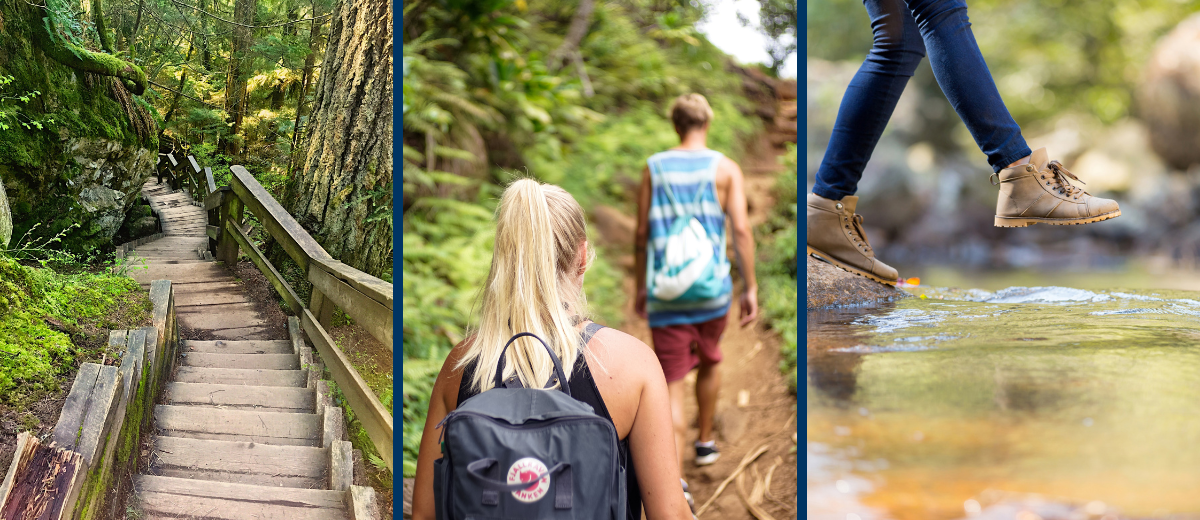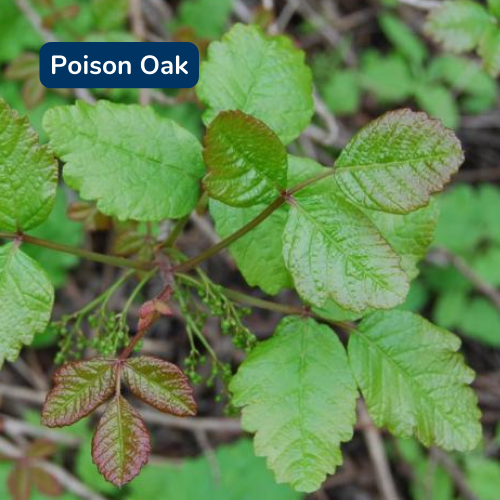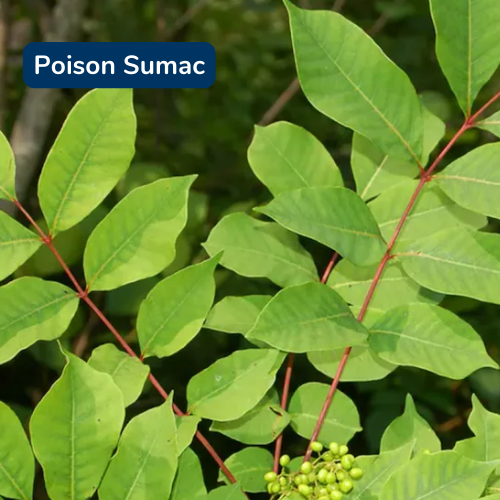Travel Nurse Tips for Protecting Yourself This Summer
by Jenna Willenbring

Is your body summer ready? No, we’re not talking about fitness! We’re talking about being prepared against the forces of nature, mosquitos, poison ivy, and sunburn oh my! Here are some travel nurse summer tips so these annoying pests can’t put a damper on any fun-filled day you have planned for your day off in a new location.
We know that as travel nurses, you have seen your fair share of problems in your line of duty. And the most common problem facing anyone in the summer is the exposure to the pests outdoors. While you are finding new assignments and places to explore, you’ll want to make sure you are protected against anything that may come your way on your newfound adventures.

Poison Ivy and Its Pesky Friends
The most annoying plants on planet earth are poison ivy and its close relatives: oak and sumac. These pesky plants affect as many as 50 million Americans every summer and come out on top as the most common allergic reaction in the U.S.
Poison Ivy: Found throughout the U.S., this plant grows as a vine or small shrub. Three leaves with smooth or toothed edges.

Poison Oak: Found in the Eastern and Southern United States and in tall clumps or long vines. Three leaves with rounded tips with teeth.

Poison Sumac: Grows as a tall shrub or small tree in the Northeast, Midwest, and parts of the Southeast. Seven to thirteen leaves with smooth edges.
If you do come in contact into any of these this summer, try these tips for treatment:
- Relieve the itch by washing the infected area or soaking it in cool water.
- If you catch it in time, this will wash away the oily resin from the plant which causes the burning itchy rash to develop
- Grab an over-the-counter cortisone cream or ointment
- Wear long clothing if you are going hiking through tall grasses or bushes
Check out the FDA’s video on 4 tips to Outsmarting Poisonous Plants!
Mosquito Bites
Summer is meant to be a relaxing time, except when mosquitos start looking for a snack and you’re the next thing on the menu. As a travel nurse, you’ll be preparing for any new location you’ll be traveling to, so it’s always a good idea to research the area ahead of time. The humid summers in many of our locations can be the perfect breeding ground for millions of mosquitos. With 300-500 million cases every year, we found these next few summer tips to be helpful to prevent travel nurses from becoming the afternoon snack :
Use insect repellent! Make sure that you are looking for ones that have these active ingredients:
- DEET
- Picaridin
- IR3535
- Oil of lemon eucalyptus
- Para-methane-diol
- 2-undecanone
Purchase products containing citronella such as candles, oil, torches, and even the plants themselves can keep these pests away.
If you are outside adventuring at a park or back at your Airbnb for the evening, start a fire. Like most insects, mosquitos don’t care for smoke and won’t stick around.
Wear light-colored clothing. Mosquitos hunt using sight, smell, and heat. Deep dark colors such as black, brown, or dark blue tend to reflect heat and attract mosquitos. Learn more about it from this recent study done.
Wear long sleeves and pants to provide an extra layer of protection against the bites.
Perhaps you did all of that and still got a mosquito bite, ugh!
According to the CDC, here’s what you can do to prevent any more damage from happening:
- Wash the area with soap and water
- Apply an ice pack for 10 minutes to reduce swelling and itching
- Mix baking soda and water to reduce the itch response
- Go to your local store and grab an over-the-counter anti-itch cream
Sunburns
It was the perfect day out relaxing on the beach or hiking up that mountain to see the summit. You had mosquito repellent spray on and made sure you avoided all poisonous plants, but your shoulders are bright red and starting to blister, you got sunburnt.
Exploring is one of the many perks of travel nursing and experiencing the sights is a must for any new location. Though sunburn can stop any plans you had for the day in a few different ways. Sunburn causes the skin to become inflamed and blister and can cause heat sickness. It increases the risk of dark spots, rough spots, and premature wrinkling which can lead to bigger problems such as skin cancer. And if your sunburn isn’t treated correctly, one day off can turn into a few days off and out of the sun. Here are a few tips to help our travel nurses avoid sunburn all summer and still enjoy those sunny days:
- Wear sunscreen with an SPF of 30 or higher that blocks UVA and UVB rays
- Allow 30 minutes for your skin to absorb it
- If fair-skinned, re-apply sunscreen every two hours for consistent protection
- Be aware that the sun’s UV rays are the strongest between 10 a.m. – 4 p.m.
- Wear clothing that has a UV protection factor and hats to protect the top of your head
Here are a few tips if you did get sunburn:
- Use a moisturizer that contains aloe vera or soy to soothe sunburned skin
- Take a nice cool shower to relieve the pain
- Stay hydrated and drink a lot of water
- If blisters are present, do not break
- If you are starting to peel, peel the skin very gently








